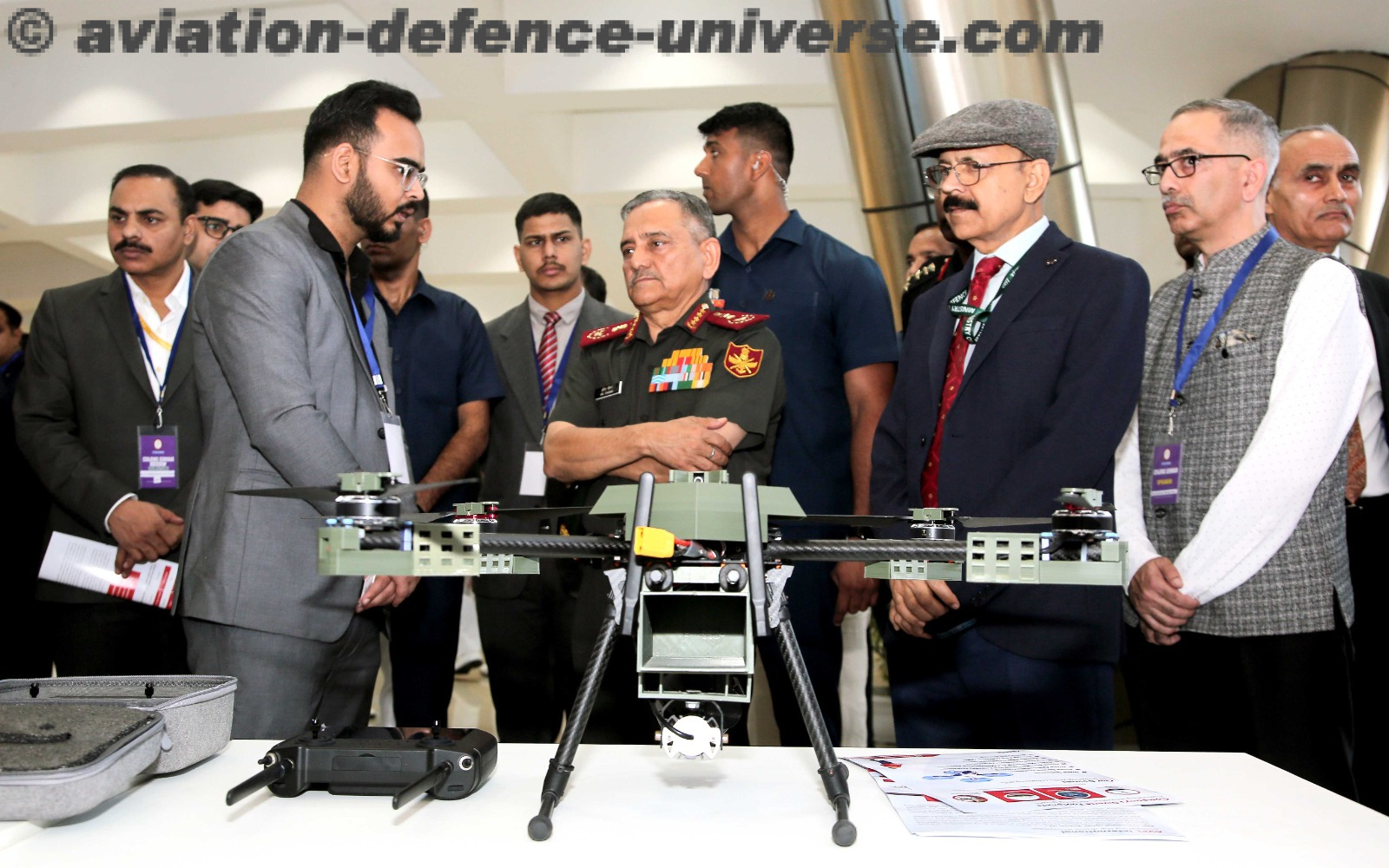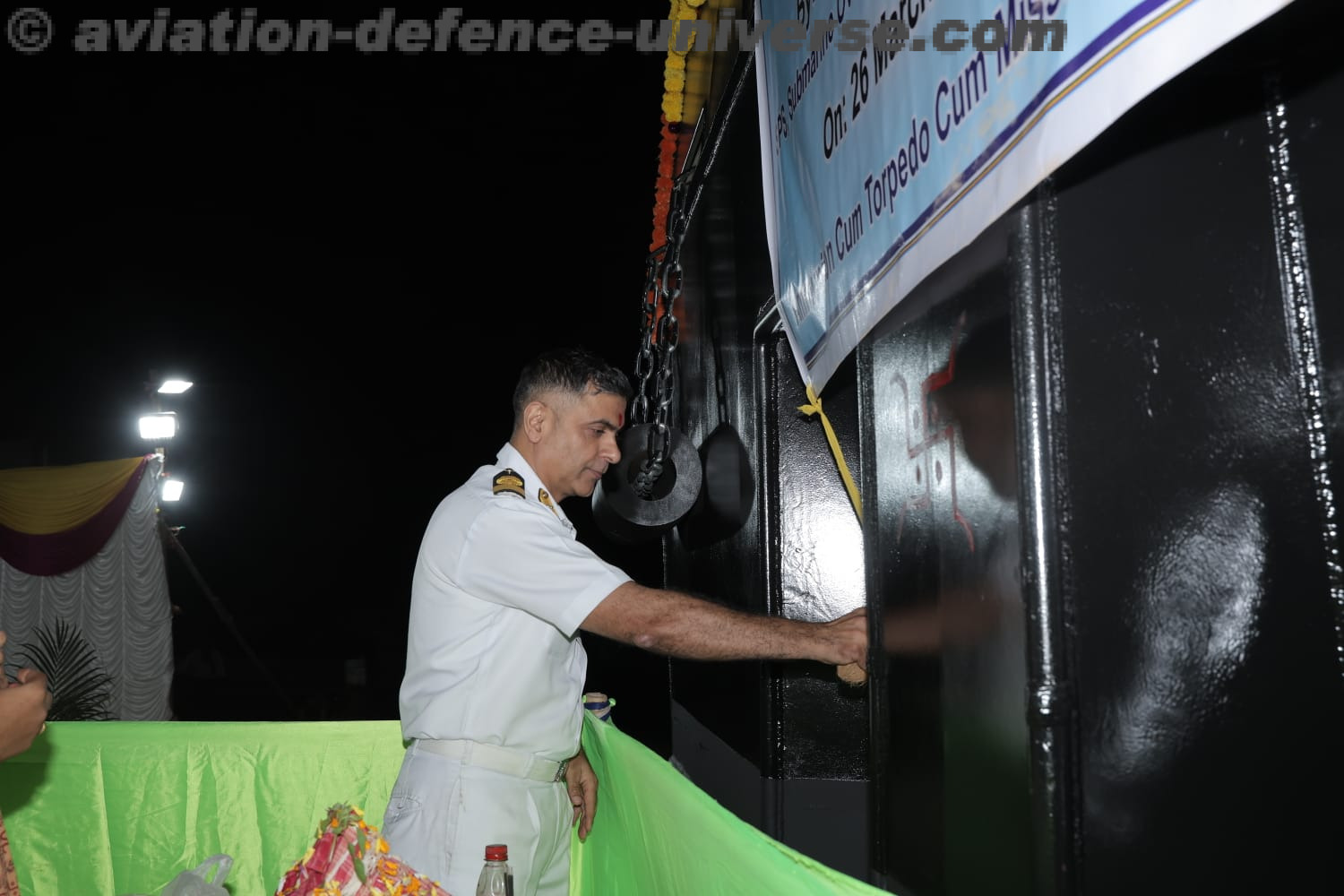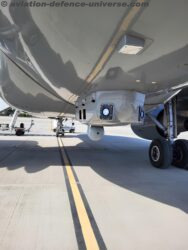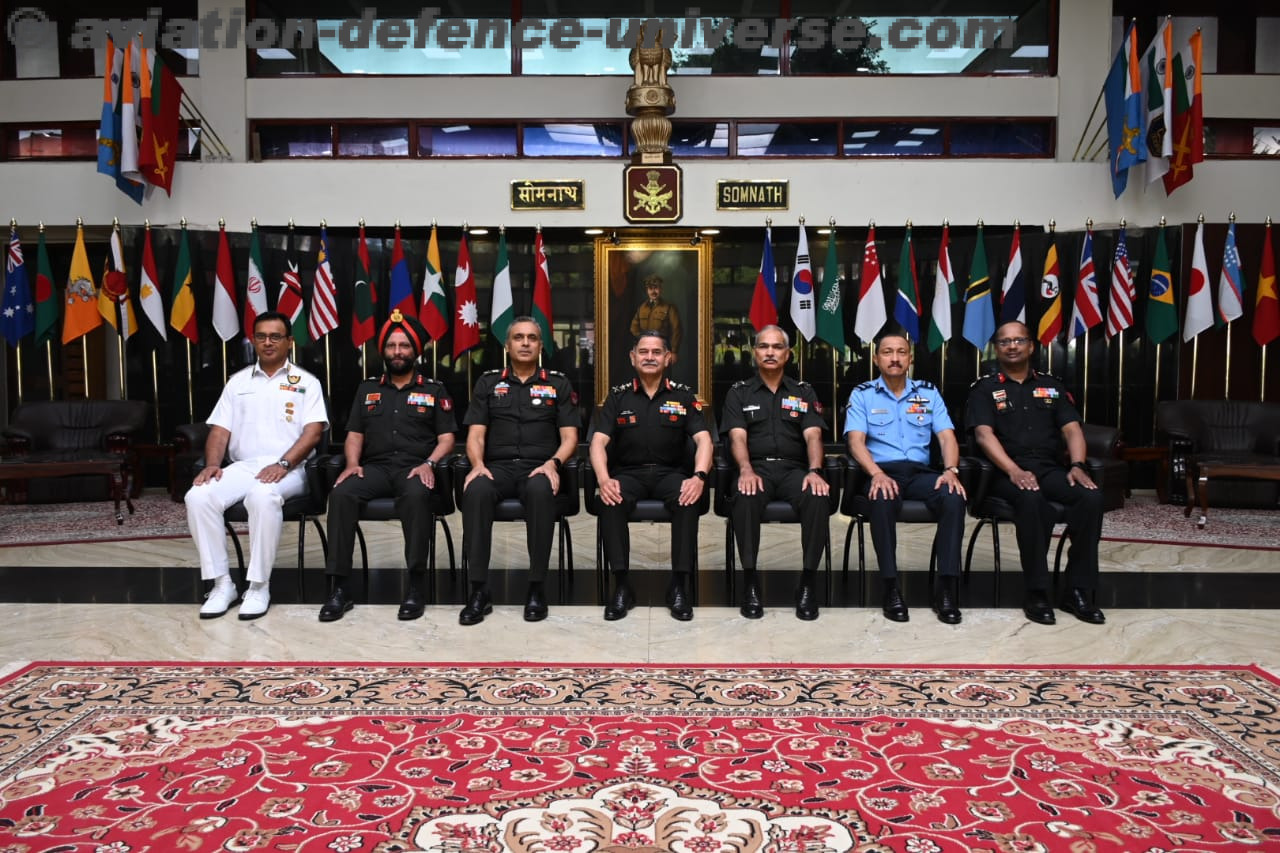Geneva . 29 November 2019. The International Air Transport Association (IATA) looks forward to the entry into force of Montreal Protocol 2014 (MP14) on 1 January 2020. MP14 enhances the capacity of states to curb the escalation in the severity and frequency of unruly behavior on board aircraft.
This follows the 26 November 2019 ratification of MP14 by Nigeria, the 22nd state to do so.
MP14, properly named the Protocol to Amend the Convention on Offences and Certain Other Acts Committed on Board Aircraft, is a global treaty that strengthens the powers of states to prosecute unruly passengers. It closes a legal gap under the Tokyo Convention 1963, whereby jurisdiction over offenses committed on board international flights rests with the state where the aircraft is registered. This causes issues when unruly passengers are delivered to the authorities upon landing in foreign territories.
Unruly and disruptive passenger incidents on board flights include physical assault, harassment, smoking or failing to follow crew instructions. These incidents may compromise flight safety, cause significant delays and operational disruption and adversely impact the travel experience and work environment for passengers and crew.
“Everybody on board is entitled to enjoy a journey free from abusive or other unacceptable behavior. But the deterrent to unruly behavior is weak. About 60% of offenses go unpunished because of jurisdictional issues. MP14 strengthens the deterrent to unruly behavior by enabling prosecution in the state where the aircraft lands. The treaty is in force. But the job is not done. We encourage more states to ratify MP14 so that unruly passengers can be prosecuted according to uniform global guidelines,” said Alexandre de Juniac, IATA’s Director General and CEO.
States should also review the effectiveness of the enforcement mechanisms available to them in line with ICAO Guidance on Legal Aspects of Unruly and Disruptive Passengers (ICAO Document 10117) which gives information on how civil and administrative fines and penalties can be used to supplement criminal prosecutions.
In addition to strengthening jurisdiction and enforcement, airlines are working on a range of measures to help prevent incidents and manage them more effectively when they do happen. These include enhanced crew training and raising awareness with passengers of the potential consequences of unruly behavior on board.




















































































































